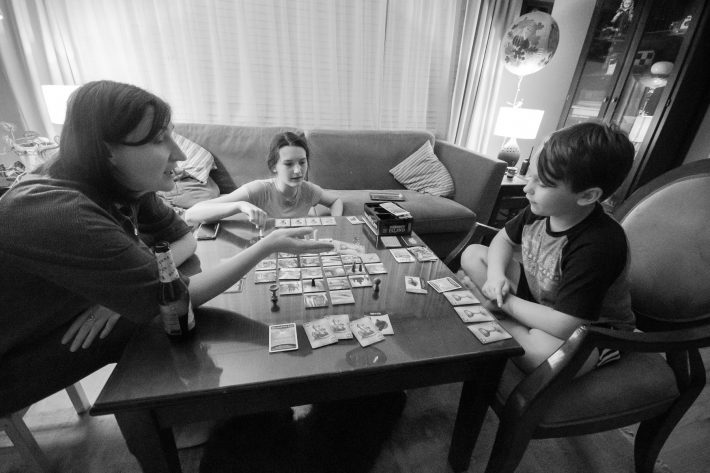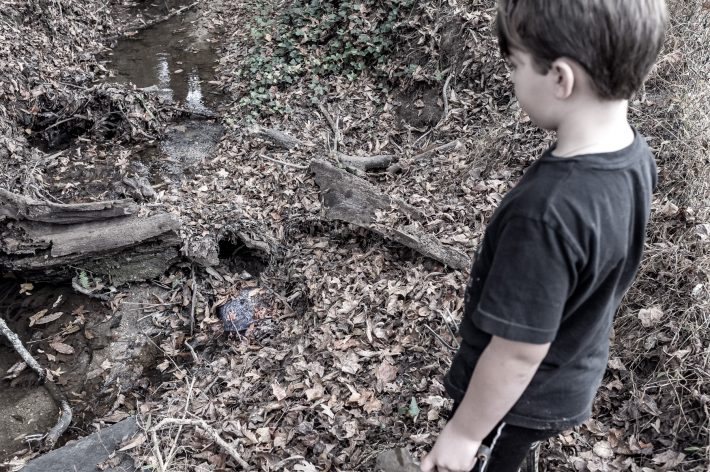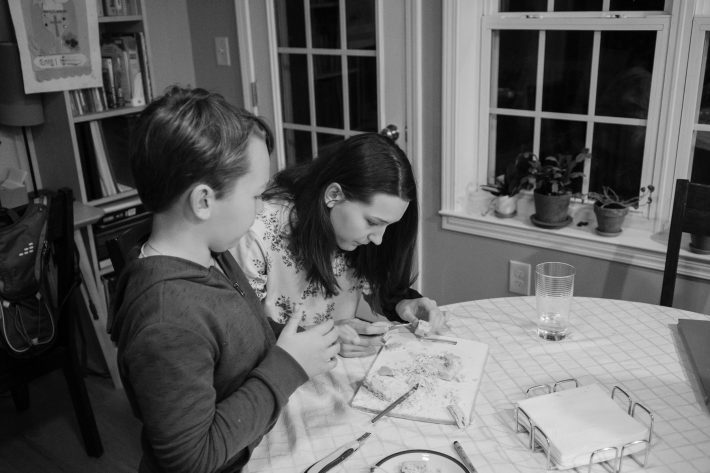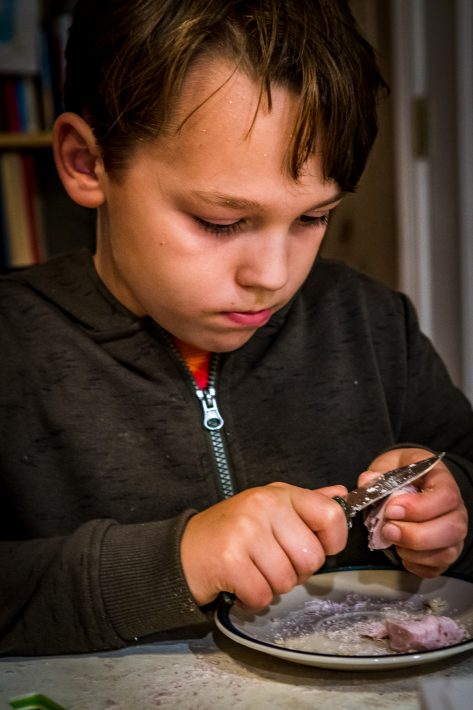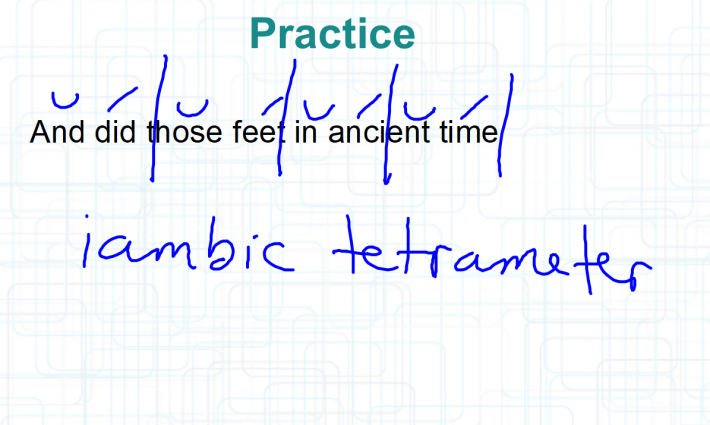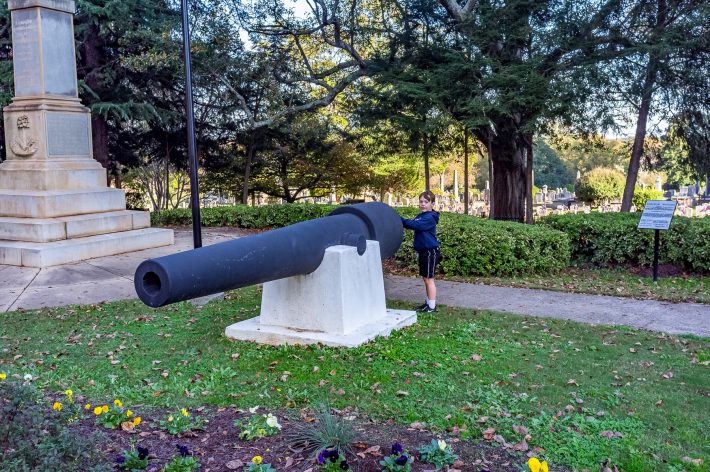I guess it could be worse. Shoot, it was worse just a few years ago. We had MAP testing and Iowa Basic Skills testing and some other test that I can’t remember, all piled up in the first half of the year, with the MAP test repeated in the spring along with state-mandated testing. Now we’ve lost the MAP testing (the only really useful test for me) and the Iowa Basic Skills (Is that what it was called? I could look it up, but I don’t care enough about it to check), but in their place, we have district-mandated benchmark testing every quarter and two practice TDA tests.
What is a TDA test, you might ask? Text Dependent Analysis. An essay question based on a text, in other words. That’s how we spent today, working on this essay question:
“Inventor Martha Coston” focuses on Martha Coston’s night signal invention. The author claims that it was Coston’s “desire to provide for her family and her determination to succeed [that] made the Coston night signals a great success.” Write an essay analyzing how the author develops and supports the claim. Use evidence from the text to support your response.
If you read that carefully, you’ll see that it’s really just asking students to summarize the argument in the piece. Today, I helped students see that; I’ll do the same tomorrow, as I have to do this in person, and we’re only meeting a given student every other day. Is that teaching to the test? Or rather teaching the test? I don’t know. I don’t care. But I wasn’t about to just toss the test at them and say, “Here, do this.” And I was also not about to let the know, through implication, that I really didn’t want to spend time with this test. “Now, as you look at this district-mandated test…” “If you look at the prompt for the district-mandated test…” “Do you have any questions about the district-mandated test?”




